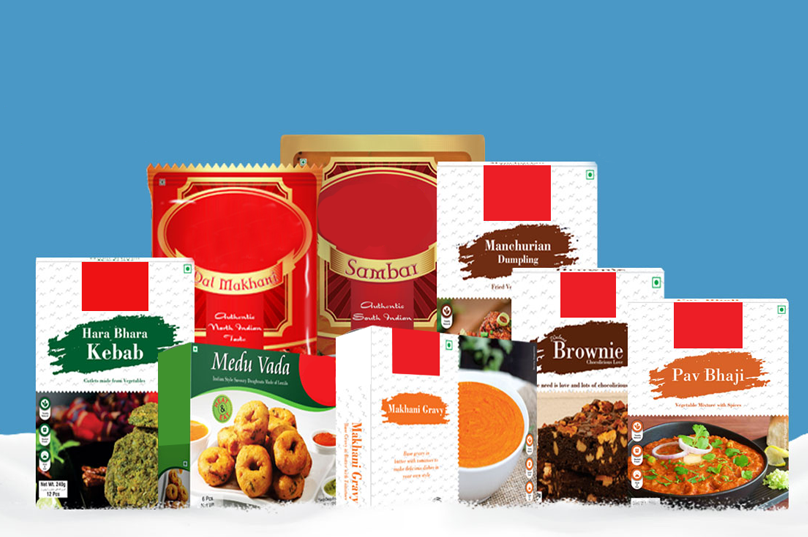Mandatory Information on Labels
According to the Food Safety and Standards (Labelling and Display) Regulations, 2020 in India, the following mandatory information must be provided on labels of pre-packaged ready-to-eat foods:
- Name of the food
- Net quantity
- FSSAI logo and license number
- Date of manufacture or packing
- Lot/batch number
- Name and address of the manufacturer or packer
- Country of origin for imported packages
- Additionally, the following information must be provided either on the label or in accompanying documents:
- List of ingredients
- Veg or non-veg declaration
- Nutritional information
Specific Requirements for Ready-to-Eat Foods
Every package of flakes, ready-to-eat dry breakfast cereals, noodles, pasta, salad dressings, toppings, spreads, and table top fiber supplements shall declare the dietary fiber content on the label.
The best before date must be declared for ready-to-eat foods. It signifies the end of the period under stated storage conditions during which the food remains fully marketable and retains its specific qualities.
Food service establishments serving ready-to-eat meals must display the calorific value (kcal per serving), serving size, allergen information, and veg/non-veg logo on their menus The Food Safety and Standards (Packaging and labelling) Regulations, apply to all packed food products sold in India.
Ready-to-Eat Food Products Tested at FARE Labs
FARE Labs provides broad portfolio of quality and safety checks on all categories of Ready-to-Eat (RTE) Food, including, but not limited to:
- Bread, bakery, flour and instant mixes
- Breakfast cereals, pasta and dry goods
- Cheese, yogurt, butter, milk and dairy products
- Meat and poultry products, including sausages
- Seafood and fish products (prepared, smoked, dried, salted)
- Frozen food, microwaveable entrees, quick meals, and prepared foods
- Baby food and infant formula
- Tinned fruits & vegetables
- Pickles, jams, preserves, and soups
- Canned meat and fish
- Sauces, spices, oil, and condiments
- Sweet and tasty ready to eat snacks
- Dried fruit and nuts
- Instant beverages
Testing Services Provided at FARE Labs
FARE Labs provides the following RTE Testing Services:
- Nutritional label testing
- Fortified food testing
- Vitamins
- Minerals
- Pesticides residues
- Antibiotic residues
- Ethylene oxide (ETO)
- Dioxins
- MOSH & MOAH
- PAH
- Allergens testing
- Pathogenic microbes – E. coli, Staphylococcus, Salmonella, Coliforms, Vibrio cholera, Listeria, Pseudomonas, Campylobacter, Yeasts and moulds
- Sensory evaluation
- Real-time and expedited studies on stability

